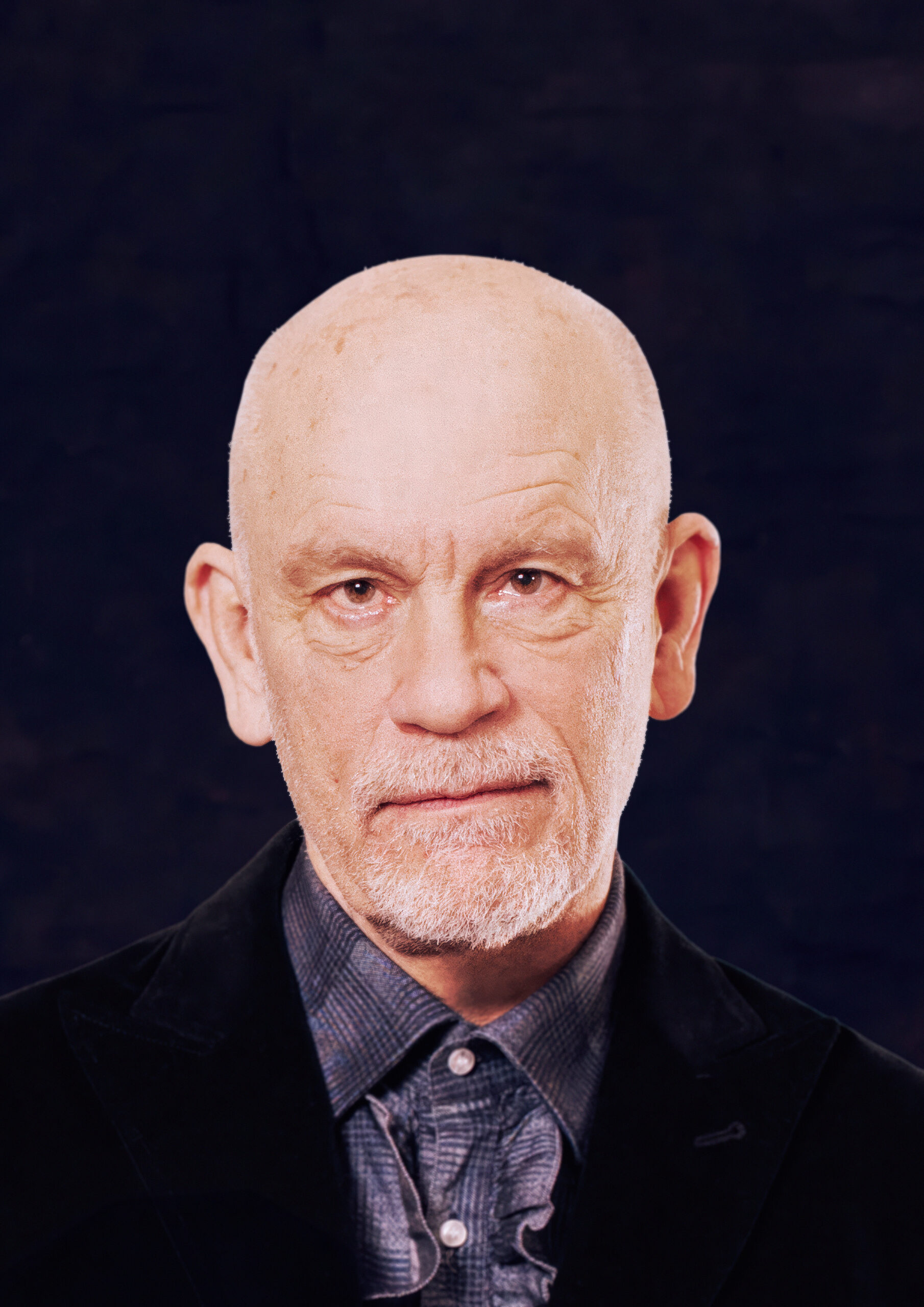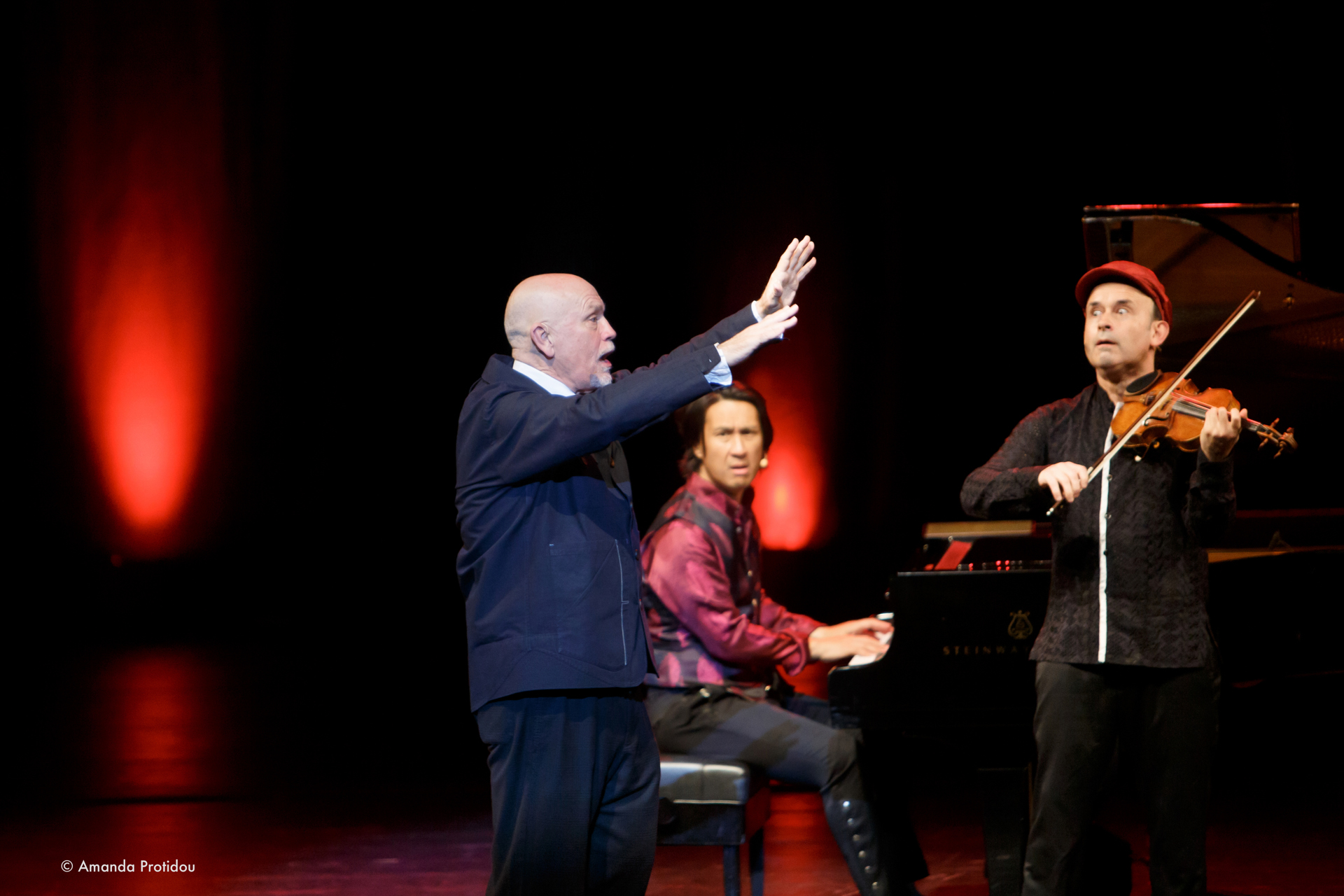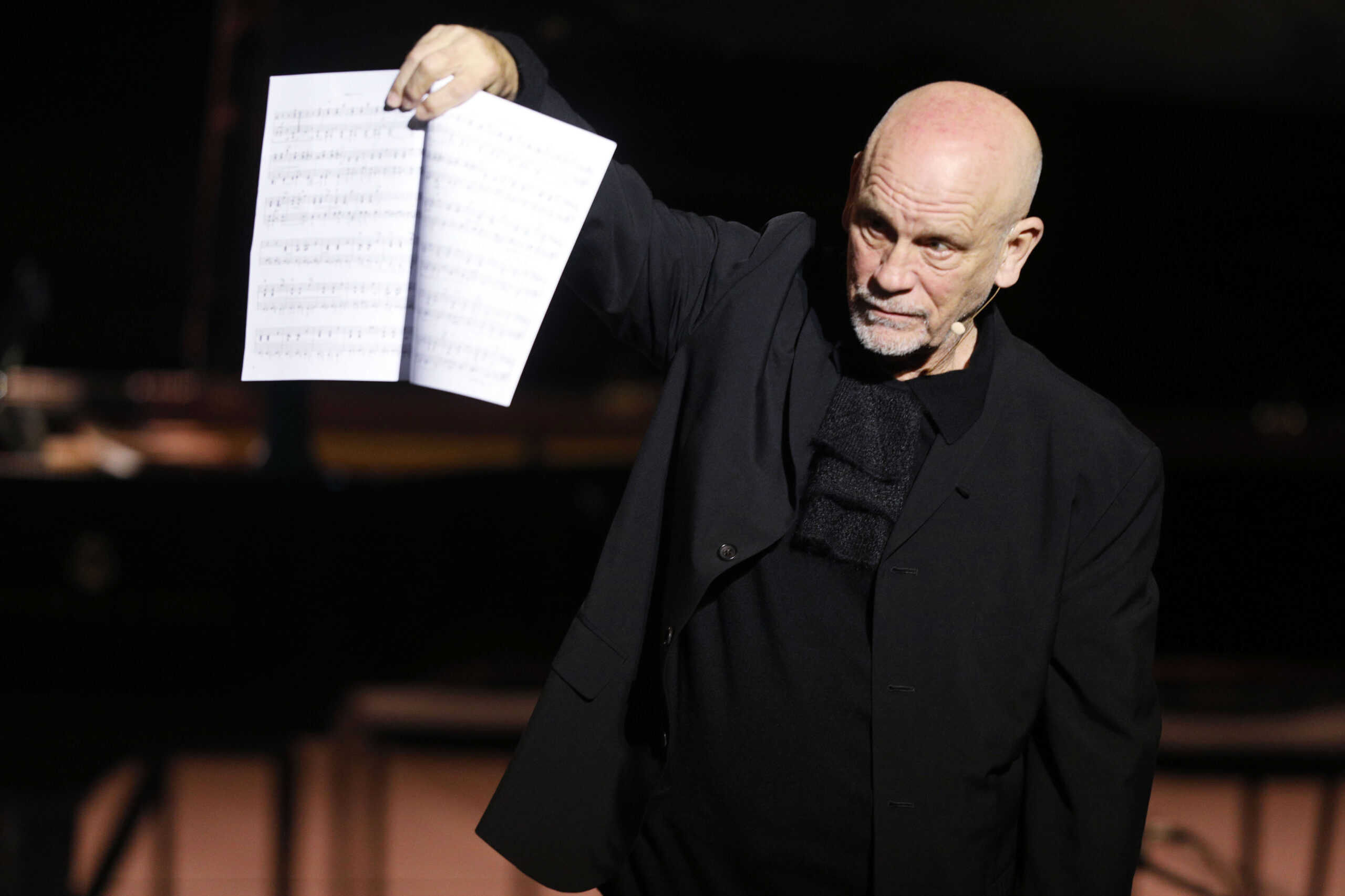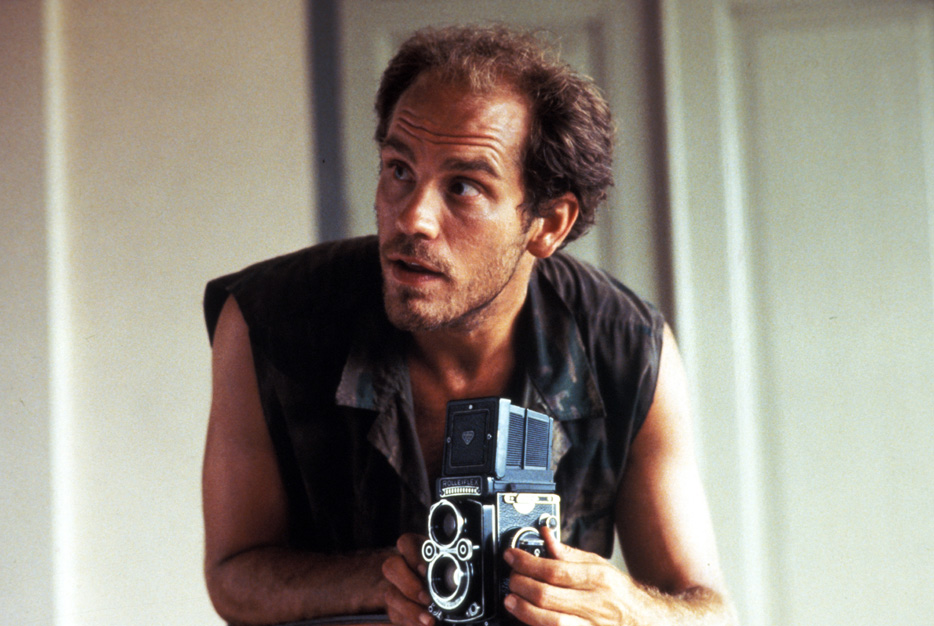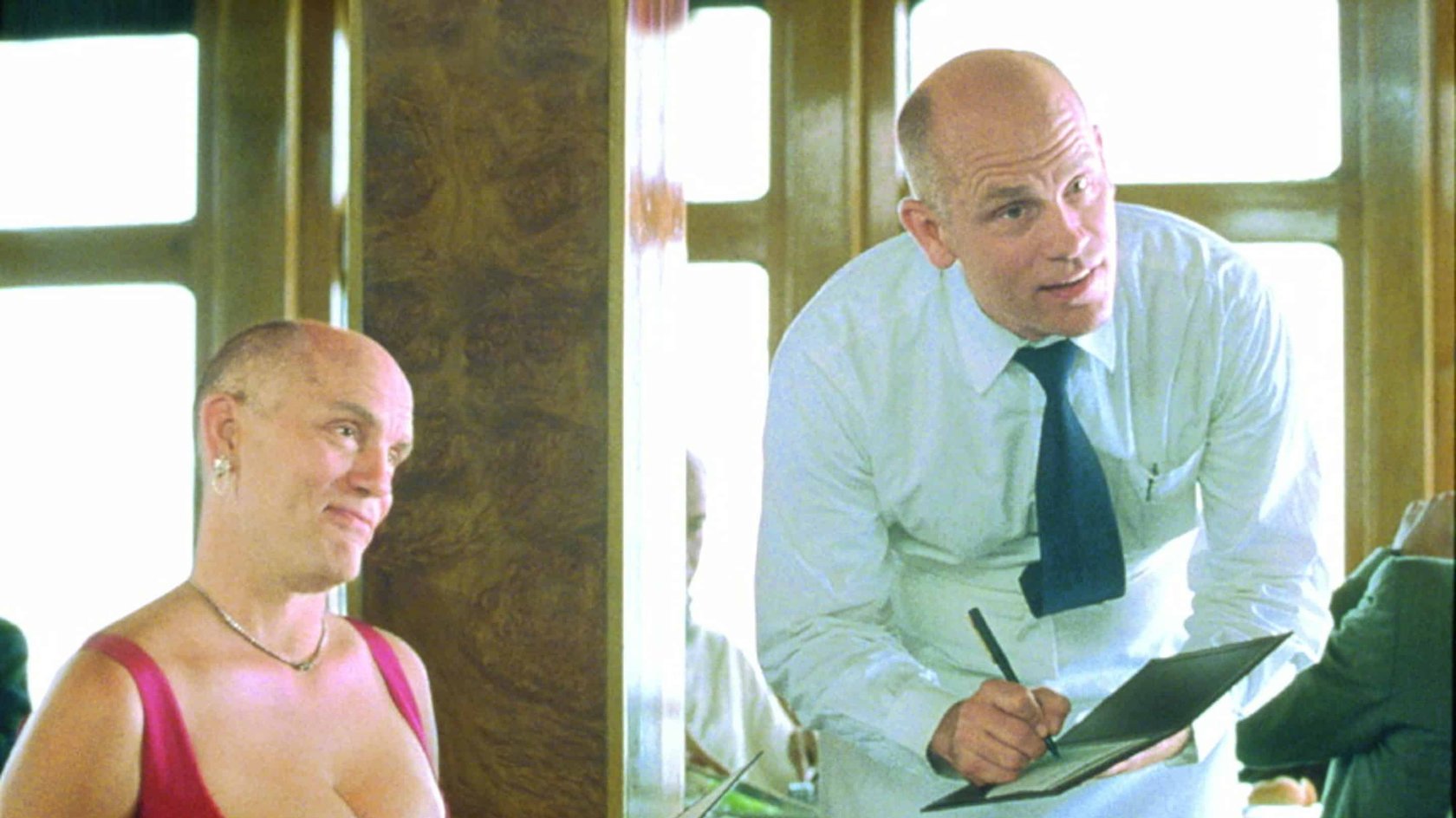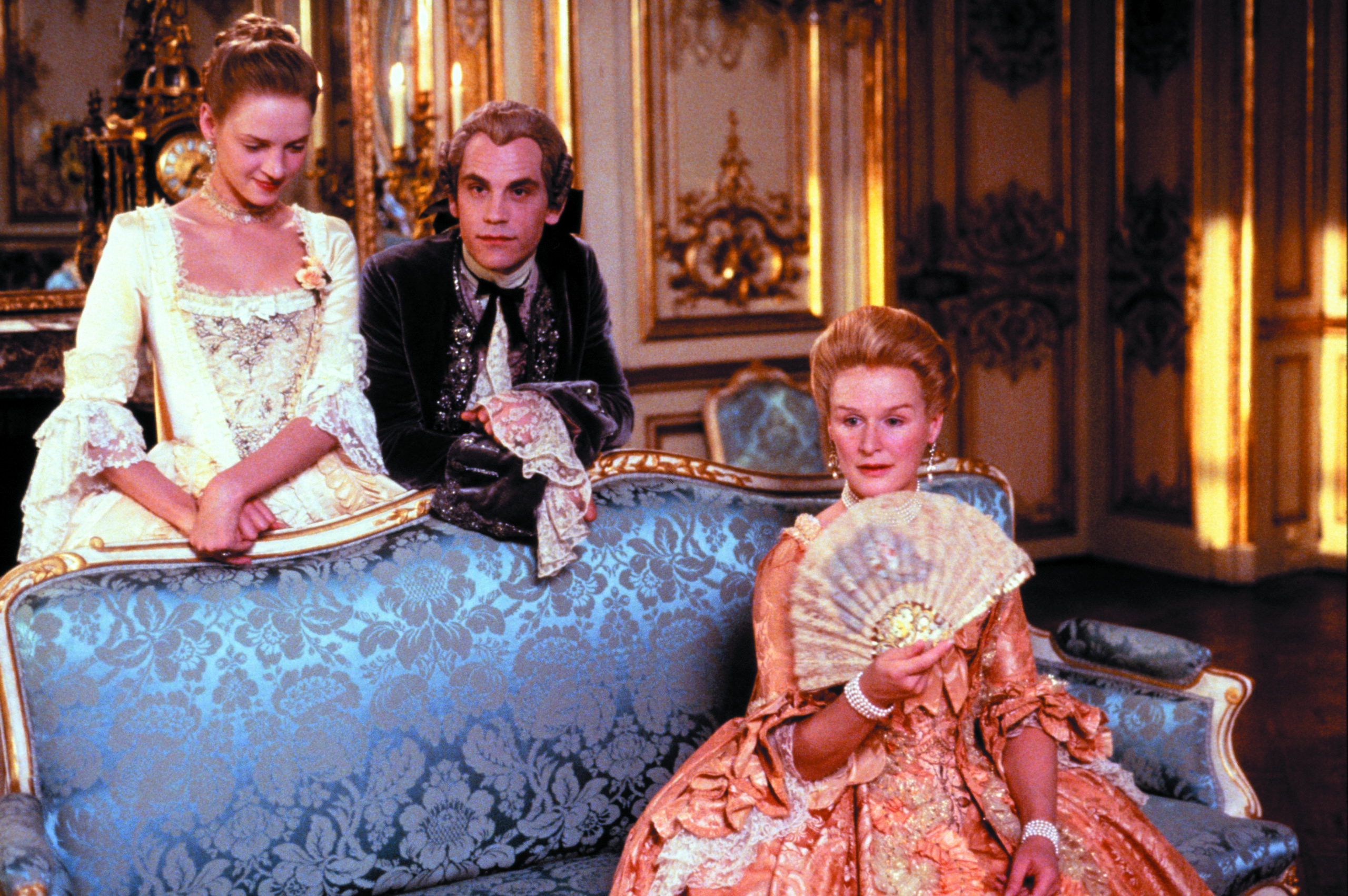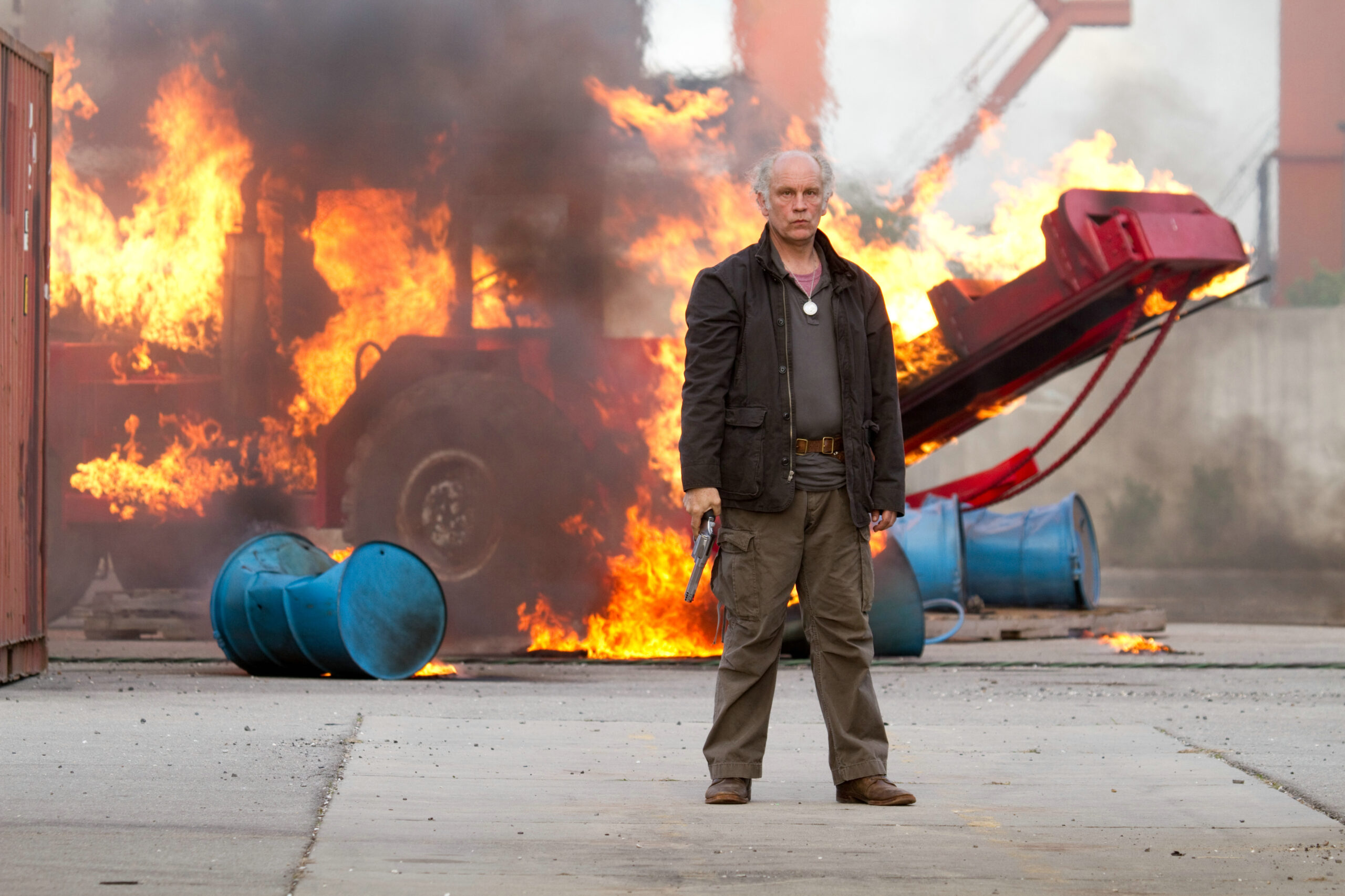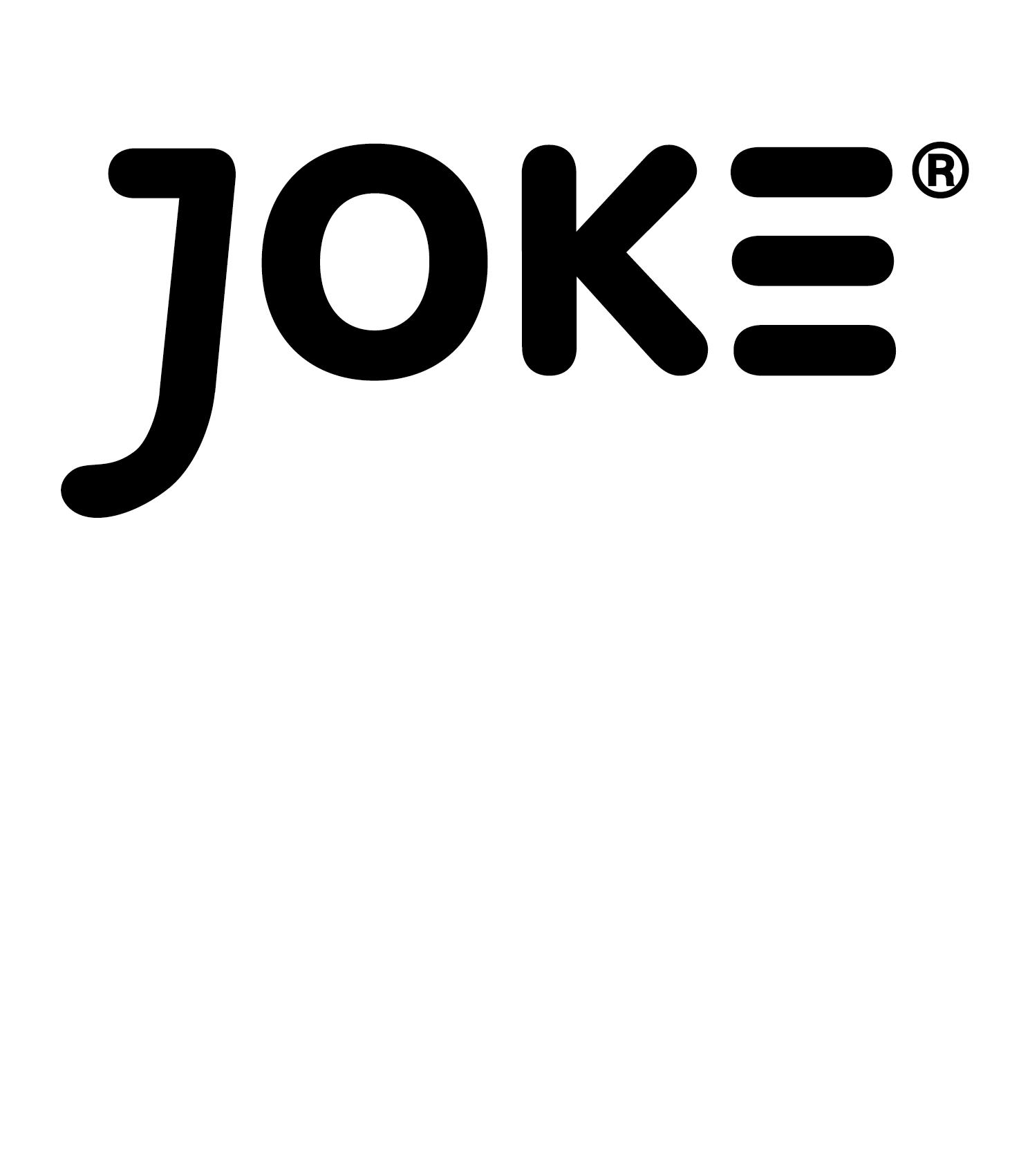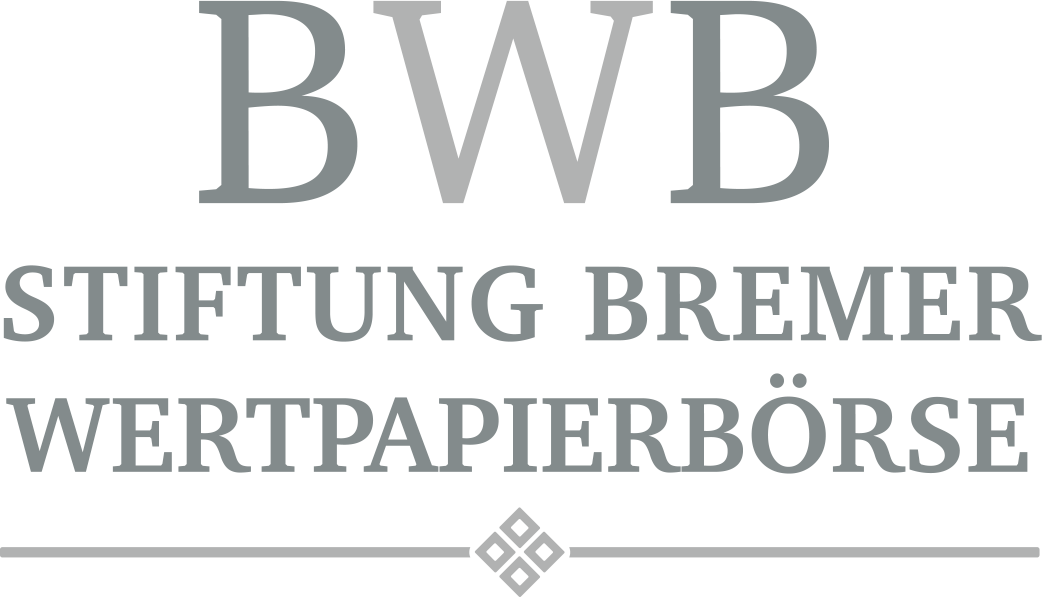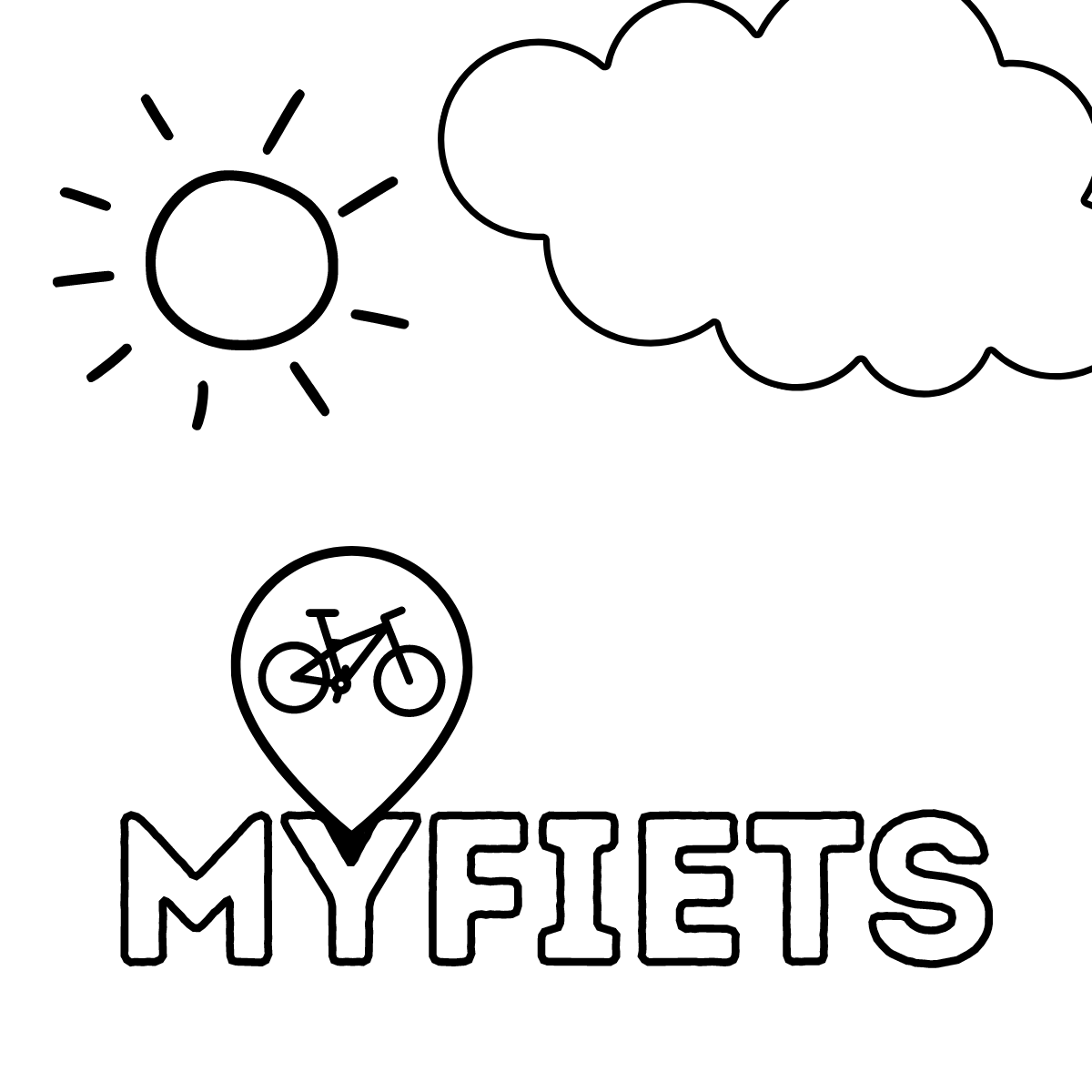Greeting from Klaus Windheuser
(Boardmember Sparkasse Bremen)
For almost a decade, the Bremen Film Festival has been attracting more and more people to Bremen’s cinemas, and Sparkasse Bremen has been a partner from the very beginning. Promoting film culture and filmmaking is an important component of our social commitment.
We are delighted to see the growing popularity of the Bremen Film Festival, both with audiences and filmmakers. Since last year, the already international film festival has also been thrilling audiences with its new competition for German premieres, bringing even more glamour, Hollywood flair and numerous film guests from all over the world to Bremen.
The 2023 festival was crowned by the presence and honouring of the fantastic Maria Schrader, who accompanied her retrospective in the city for two days. As Sparkasse Bremen, we are delighted that our commitment and the idea of integrating the film award into Filmfest Bremen has fallen on such fertile ground. The Filmfest Bremen now has an even greater strength that extends far beyond the Hanseatic city.
This year, we are looking forward to welcoming the exceptional artist John Malkovich, who has left a lasting impression on us all with his cinematic works for over 40 years. He is one of the world’s greats in his profession and has told many impressive stories with his films. After the presentation of our Bremen Film Award in the form of the Golden Pug, John Malkovich will enrich the gala with a live performance. This is only possible in Bremen – and we can all be there!

